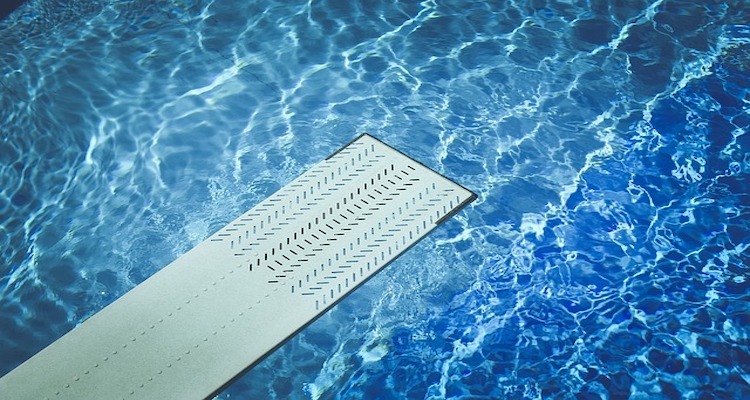
Diving is considered a psychologically challenging sport for several reasons:
Overall, the combination of fear, precision, competition, mental focus, and the physical demands of diving contribute to its classification as a psychologically challenging sport. Developing mental skills, resilience, and a positive mindset are essential for divers to navigate these challenges and perform at their best. Given these challenges it is no surprise that many top divers speak about the importance of psychological factors.
Several famous divers have spoken about the importance of psychology in their sport. Here are a few examples:
These divers, among others, have recognized and highlighted the significance of psychology in diving. Their experiences and insights provide valuable perspectives on the mental aspects of the sport and the role they play in achieving success. We now turn to considering how working with a sport psychologist could help a diver in competitions.
Working with a sport psychologist can provide significant benefits to a diver in several ways:
By addressing the psychological aspects of diving, a sport psychologist can help divers optimize their mental performance, manage challenges, and achieve their goals. They provide support, guidance, and tailored strategies to enhance the diver's overall psychological well-being and success in the sport.
If you would like to work with a sport psychologist or mental skills coach to help you with your diving performance then do search our global directory of sport performance specialists to find the right support for you.
